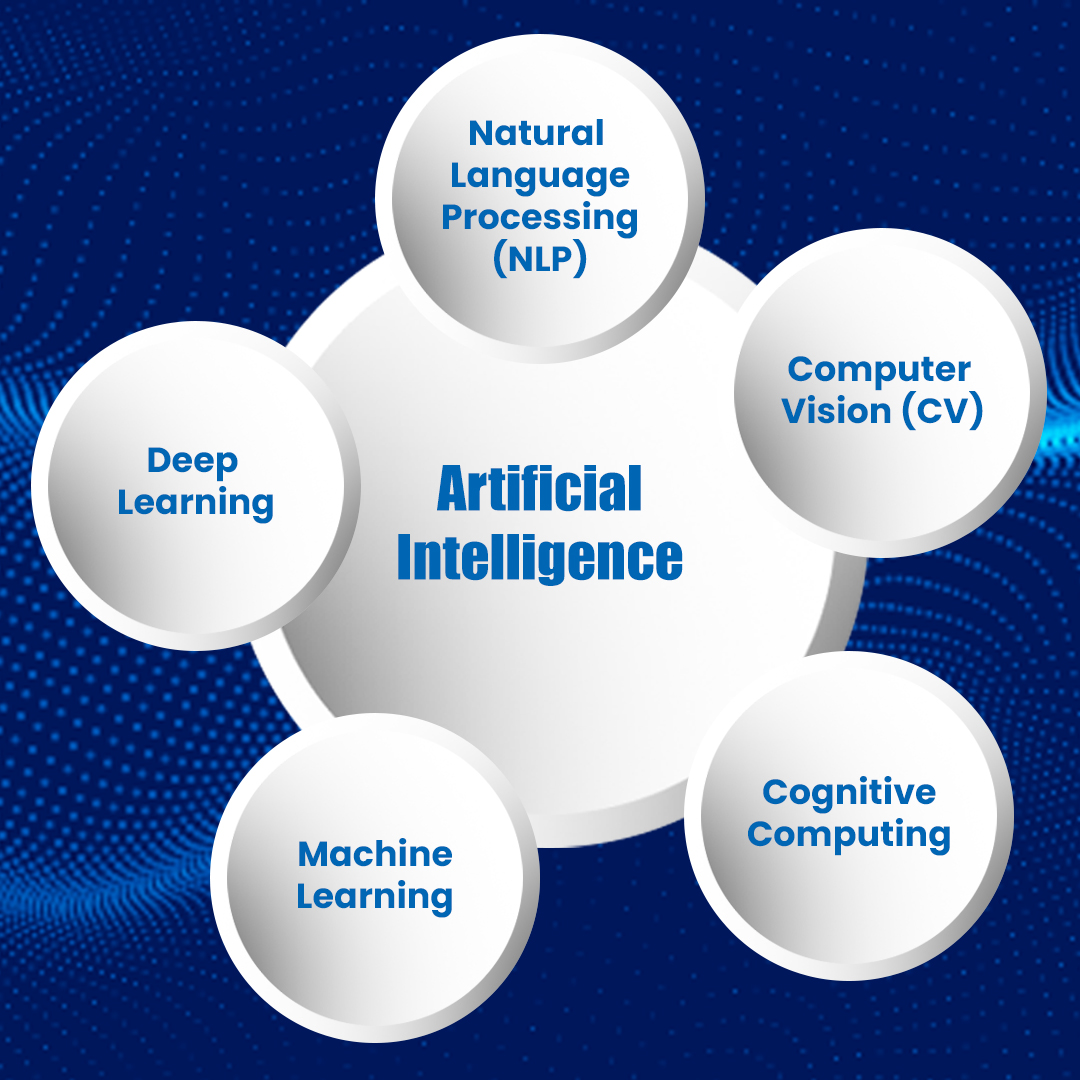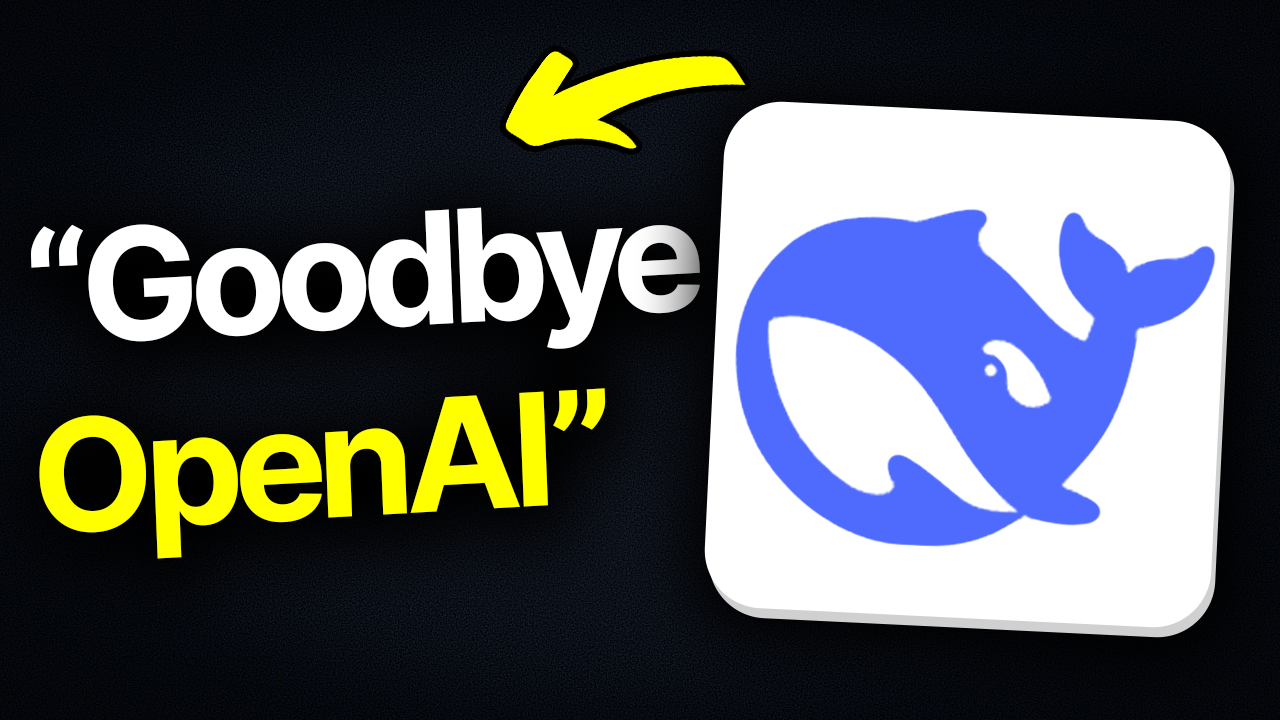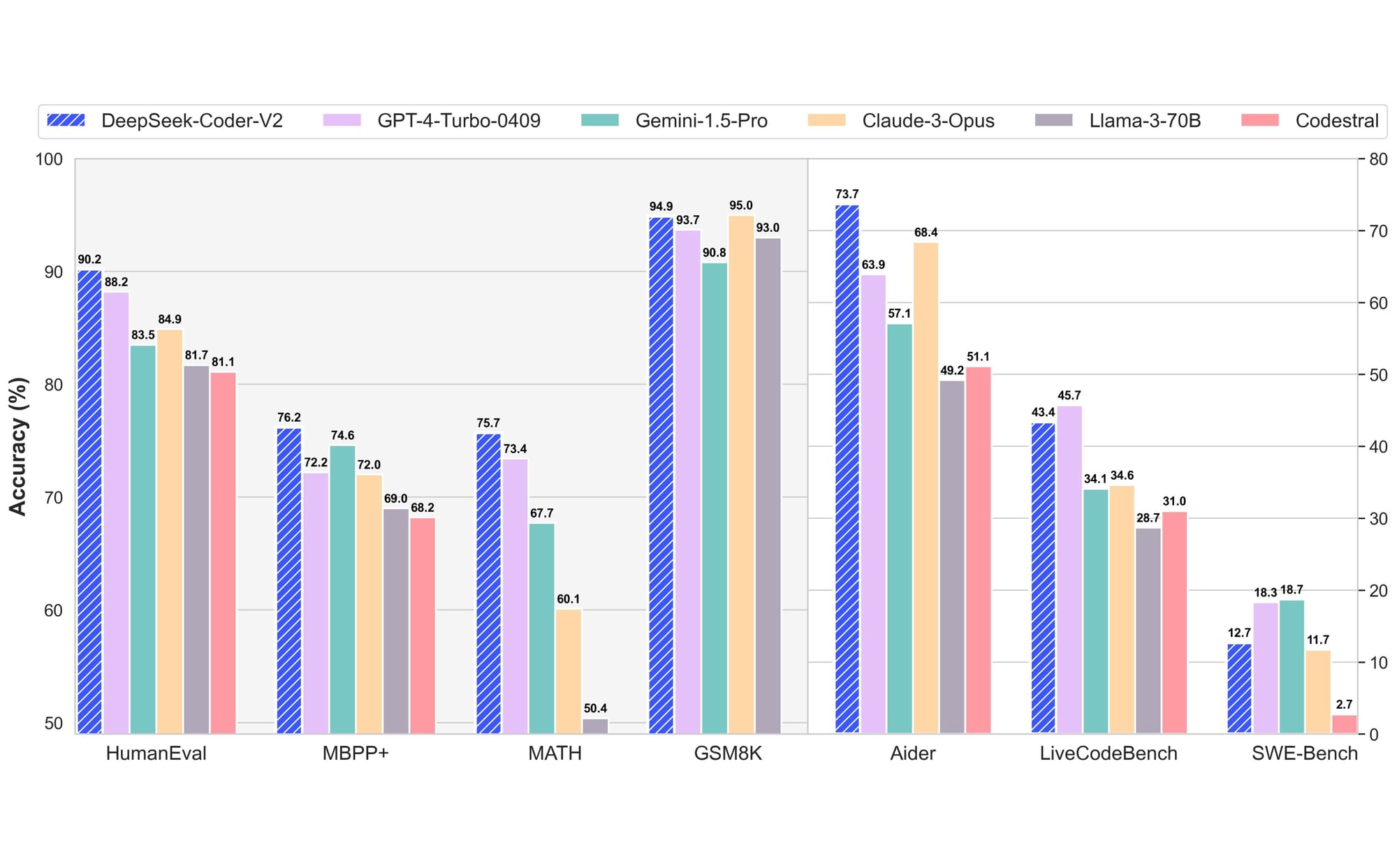
Researchers have tricked DeepSeek, the Chinese generative AI (GenAI) that debuted earlier this month to a whirlwind of publicity and user adoption, into exposing the guidelines that define how it operates.

DeepSeek, the brand-new "it woman" in GenAI, was trained at a fractional expense of existing offerings, and as such has stimulated competitive alarm across Silicon Valley. This has actually led to claims of copyright theft from OpenAI, and the loss of billions in market cap for AI chipmaker Nvidia. Naturally, security scientists have actually begun scrutinizing DeepSeek too, evaluating if what's under the hood is beneficent or wicked, or a mix of both. And experts at Wallarm just made significant progress on this front by jailbreaking it.

In the procedure, they exposed its whole system prompt, i.e., a hidden set of guidelines, composed in plain language, that dictates the behavior and constraints of an AI system. They likewise may have caused DeepSeek to confess to rumors that it was trained utilizing innovation established by OpenAI.
DeepSeek's System Prompt
Wallarm notified DeepSeek about its jailbreak, and DeepSeek has because repaired the problem. For fear that the exact same tricks may work against other popular large language models (LLMs), nevertheless, the scientists have actually chosen to keep the technical details under wraps.
Related: Code-Scanning Tool's License at Heart of Security Breakup

"It certainly needed some coding, however it's not like an exploit where you send a bunch of binary information [in the type of a] infection, and after that it's hacked," discusses Ivan Novikov, CEO of Wallarm. "Essentially, we type of persuaded the design to respond [to prompts with particular predispositions], and since of that, the design breaks some kinds of internal controls."
By breaking its controls, the researchers were able to extract DeepSeek's whole system prompt, word for word. And for a sense of how its character compares to other popular designs, it fed that text into OpenAI's GPT-4o and asked it to do a contrast. Overall, GPT-4o declared to be less restrictive and more creative when it concerns potentially sensitive material.
"OpenAI's timely allows more crucial thinking, open discussion, and nuanced dispute while still guaranteeing user safety," the chatbot claimed, where "DeepSeek's timely is likely more stiff, prevents controversial discussions, and emphasizes neutrality to the point of censorship."
While the researchers were poking around in its kishkes, they also encountered one other intriguing discovery. In its jailbroken state, the design seemed to indicate that it might have received moved understanding from OpenAI models. The researchers made note of this finding, however stopped short of identifying it any sort of evidence of IP theft.
Related: OAuth Flaw Exposed Millions of Airline Users to Account Takeovers
" [We were] not retraining or poisoning its answers - this is what we got from an extremely plain action after the jailbreak. However, the truth of the jailbreak itself does not definitely give us enough of a sign that it's ground reality," Novikov cautions. This topic has been particularly delicate ever considering that Jan. 29, when OpenAI - which trained its designs on unlicensed, copyrighted data from around the Web - made the previously mentioned claim that DeepSeek utilized OpenAI technology to train its own designs without approval.
Source: disgaeawiki.info Wallarm
DeepSeek's Week to Remember
DeepSeek has had a whirlwind ride given that its worldwide release on Jan. 15. In 2 weeks on the marketplace, it reached 2 million downloads. Its popularity, capabilities, and low expense of development activated a conniption in Silicon Valley, and panic on Wall Street. It added to a 3.4% drop in the Nasdaq Composite on Jan. 27, led by a $600 billion wipeout in Nvidia stock - the biggest single-day decrease for any company in market history.
Then, right on cue, offered its suddenly high profile, DeepSeek suffered a wave of dispersed denial of service (DDoS) traffic. Chinese cybersecurity firm XLab discovered that the attacks started back on Jan. 3, and originated from thousands of IP addresses spread out throughout the US, Singapore, the Netherlands, Germany, and China itself.
Related: Spectral Capital Files Quantum Cybersecurity Patent

A confidential specialist informed the Global Times when they began that "at initially, the attacks were SSDP and NTP reflection amplification attacks. On Tuesday, a a great deal of HTTP proxy attacks were added. Then early this early morning, botnets were observed to have actually signed up with the fray. This means that the attacks on DeepSeek have been intensifying, with an increasing variety of approaches, making defense significantly tough and the security challenges dealt with by DeepSeek more serious."

To stem the tide, the business put a temporary hold on brand-new accounts signed up without a Chinese telephone number.
On Jan. 28, while fending off cyberattacks, the company released an upgraded Pro version of its AI design. The following day, Wiz scientists discovered a DeepSeek database exposing chat histories, secret keys, application programs user interface (API) secrets, and sciencewiki.science more on the open Web.
Elsewhere on Jan. 31, Enkyrpt AI published findings that expose much deeper, significant problems with DeepSeek's outputs. Following its testing, it considered the Chinese chatbot three times more prejudiced than Claud-3 Opus, 4 times more poisonous than GPT-4o, and 11 times as most likely to generate harmful outputs as OpenAI's O1. It's likewise more likely than most to generate insecure code, and produce dangerous information pertaining to chemical, biological, radiological, and nuclear representatives.
Yet regardless of its drawbacks, "It's an engineering marvel to me, personally," states Sahil Agarwal, CEO of Enkrypt AI. "I think the fact that it's open source also speaks extremely. They want the community to contribute, and be able to make use of these developments.









